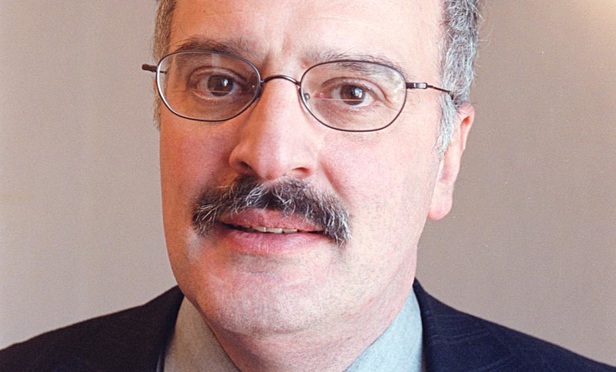Many people are familiar with the “resale exception” under which, for example, a sale by a clothing manufacturer of shirts to a clothing store is exempt from sales tax because the sales of the shirts by the store are taxable, see N.Y. Tax Law Sections 1101(b)(4)(i), 1105(a). The sales tax contains corollary exemptions for property purchased to produce goods and services for sale to consumers. Thus, for example, the clothing manufacturer does not pay sales tax when it purchases sewing machines used to produce the shirts, see N.Y. Tax Law Section 1115(a)(12).
Although the purpose of these exemptions is the sensible policy of avoiding multiple taxation, the Fourth Department (some six decades ago) articulated the policy’s inherent problem: “If … pursued to its natural and logical limits, all purchases by [producers] would be exempt.” as in Niagara Mohawk Power v. Wanamaker, 286 App. Div. 446, aff’d 2 N.Y.2d 764 (4th Dep’t 1955). The recent administrative law judge determination in Cellco Partnership d/b/a Verizon Wireless, DTA No. 827179 (N.Y. Div. Tax App., Apr. 12, 2018), struggles with this inherent tension in the context of an exemption for providers of telecommunications services.


 Joseph Lipari
Joseph Lipari




